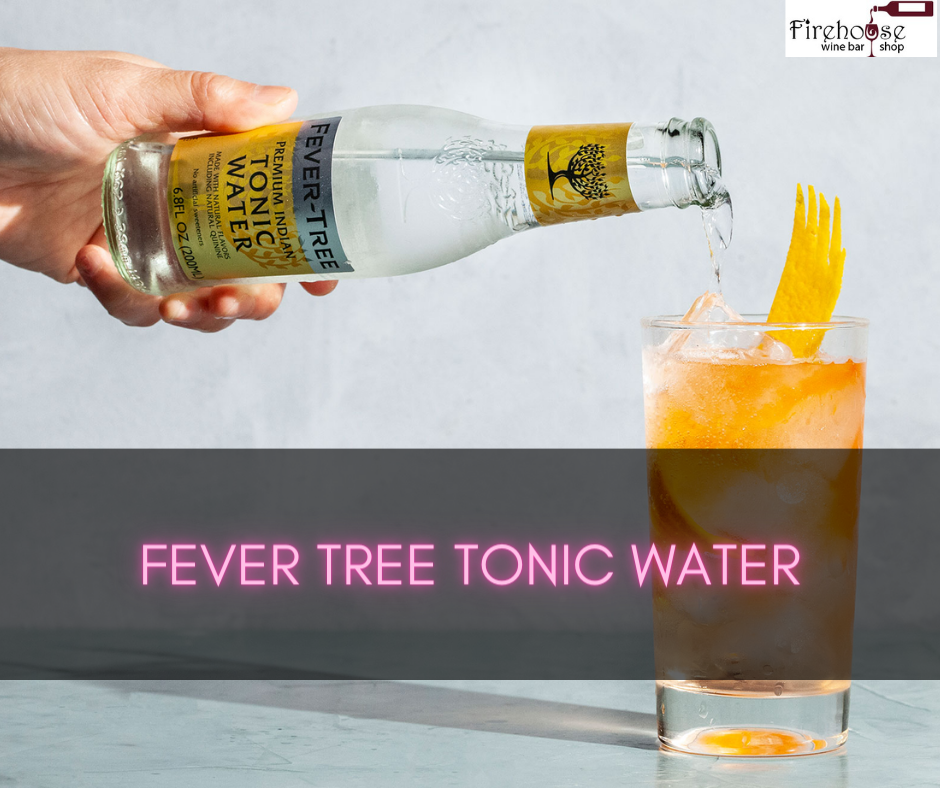In the world of gin and tonic, understanding the nutrition facts is crucial. Let’s delve into the surprising details about the calorie count, sugar content, and potential health benefits of this classic cocktail. Join us at Facts Vibes to uncover the truth behind the numbers.
Understanding Gin and Tonic: Unveiling the Nutrition Facts
Understanding Gin and Tonic: Unveiling the Nutrition Facts in the context of a balanced diet.
When it comes to enjoying a refreshing cocktail, gin and tonic is a popular choice for many. However, it’s important to be aware of the nutrition facts associated with this classic drink.
Gin itself is a low-calorie spirit, typically containing around 97 calories per 1.5-ounce (45 ml) serving. It’s also free from carbohydrates, fats, and cholesterol, making it a relatively healthy choice when consumed in moderation.
Tonic water, on the other hand, contains added sugar and calories. A standard serving of tonic water can contain around 32 grams of sugar and 124 calories. As a result, it’s essential to consider the potential impact on your overall diet and nutrition when enjoying a gin and tonic.
In conclusion, while gin itself is a relatively low-calorie option, the addition of tonic water can significantly increase the caloric content of this popular cocktail. It’s important to be mindful of your consumption and consider its place within a balanced diet.
Most popular facts
A standard 8 oz gin and tonic contains around 200 calories.
A standard 8 oz gin and tonic contains around 200 calories.
Gin does not contain any carbohydrates, fat, or protein.
Gin does not contain any carbohydrates, fat, or protein.
Tonic water contains added sugars and could amount to around 32 grams of sugar per serving.
Tonic water contains added sugars and could amount to around 32 grams of sugar per serving.
A gin and tonic typically has low sodium content, with around 5-10 mg per serving.
A gin and tonic typically has low sodium content, with around 5-10 mg per serving.
The calorie count of a gin and tonic can increase if flavored gins or tonic waters are used.
True. The calorie count of a gin and tonic can increase if flavored gins or tonic waters are used.
Tonic water is carbonated, which can lead to bloating and gas in some individuals.
Tonic water is carbonated, which can lead to bloating and gas in some individuals.
The quinine in tonic water can interact with certain medications and health conditions.
Quinine in tonic water can interact with certain medications and health conditions.
The amount of alcohol in a gin and tonic can vary depending on the brand of gin and the bartender’s pour.
The amount of alcohol in a gin and tonic can vary depending on the brand of gin and the bartender’s pour.
Many tonic waters are now available in diet or sugar-free versions.
Many tonic waters are now available in diet or sugar-free versions.
Some gin brands may contain botanicals that add small amounts of nutrients like antioxidants.
Yes, some gin brands may contain botanicals that add small amounts of nutrients like antioxidants.
Drinking gin and tonic in moderation may have some heart health benefits due to the antioxidants in the botanicals.
Drinking gin and tonic in moderation may have some heart health benefits due to the antioxidants in the botanicals.
Tonic water is not a significant source of vitamins or minerals.
Tonic water is not a significant source of vitamins or minerals.
Some people may experience allergic reactions to certain botanicals in gin.
Yes, some people may experience allergic reactions to certain botanicals in gin.
Excessive consumption of gin and tonic can lead to negative health effects such as liver damage and increased risk of certain cancers.
Excessive consumption of gin and tonic can lead to negative health effects such as liver damage and increased risk of certain cancers.
It is important to be mindful of portion sizes and mixers when enjoying a gin and tonic to monitor overall calorie and sugar intake.
Portion sizes and mixers are important to consider when enjoying a gin and tonic to monitor overall calorie and sugar intake.
In conclusion, while gin and tonic may be a popular drink choice, it’s important to be mindful of its nutrition facts. Moderation is key, and being aware of the caloric content and sugar levels can help with making informed choices. As with any alcoholic beverage, it’s best to enjoy it responsibly and in moderation.
